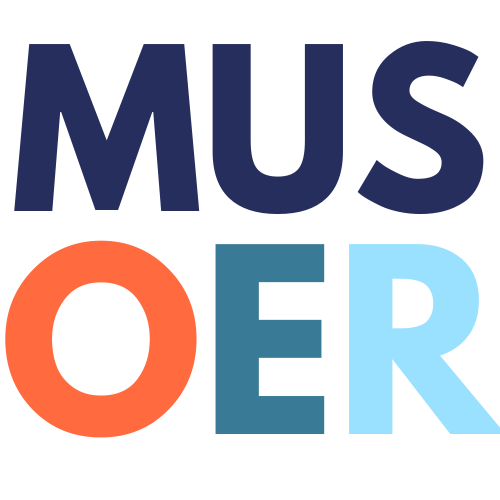Textbook Affordability
Textbook affordability and access has been an increasing area of concern for Montana students. Prohibitively expensive course materials can deter students from preferred courses and programs and may have unintended negative consequences on student outcomes. The Montana University System is committed to access to higher education for all Montanans and supports multiple intitiatives to reduce the costs of course materials for students through course tagging and supporting the development and use of Open Educational Resources.
Course Tagging
In response to student requests, the Montana University System encourages institutions to prominently designate sections of courses whose course materials exclusively consist of no-cost (open or free textbooks) or low-cost course materials at the point of registration. Tagging courses provides transparency and improves student agency, allowing them to make informed decisions and select courses that fit their budgets and reduce financial burdens. The no-cost or low-cost designation in the MUS is set at $40 or less for course materials, not inclusive of tools and supplies, or course fees.
MUS institutions tagging courses for no-cost, low-cost should refer toMUS No-Cost/Low-Cost Course Catalog Designators. While institutional practices for communicating and processing No-Cost/Low-Cost designations may vary, it is critical to student access that all institutions operate from the shared definition and designations. If campuses are interested in additional guidance on how to implement and communicate course section tagging, resources are available in the MUS NOLO Course Tagging Toolkit.
Open Educational Resources
In striving to make higher education accessible for all Montanans,  the Montana University System also supports Open Educational Resources as an important
affordability strategy. Open Educational Resources (OER) are textbooks and course
materials that are openly licensed and that dramatically decrease costs for students.
High textbook costs are often a barrier for students and can often hinder student
success.
the Montana University System also supports Open Educational Resources as an important
affordability strategy. Open Educational Resources (OER) are textbooks and course
materials that are openly licensed and that dramatically decrease costs for students.
High textbook costs are often a barrier for students and can often hinder student
success.
The Office of the Commissioner of Higher Education actively partners with MUS campuses and the Treasure State Information and Library Services (TRAILS) consortium to advance use of OER across the system and the state. Through one project that provided grants to MUS faculty to adopt OER, MUS students have saved over $1 million in textbook costs. Learn more about that project here.
"Inclusive Access" & "Equitable Access"
Inclusive Access and Equitable Access are textbook sales models promoted and offered by publishers and bookstore companies that build the costs of students' digital textbooks and course materials into their course fees. Costs to students may be reduced relative to purchasing brand new textbooks by the cost sharing model of an inclusive or equitable access contract. Within these contracts, materials are typically digital and available for only a limited time.
Generally, the equitable access model charges all students at an institution or within a participating deparment a flat, fixed cost based on unit credits or hours for access to course materials, regardless of the cost of the actual materials.
Under the inclusive access textbook sales model, faculty can choose to participate and determine which courses and sections will be included. Students are then charged the inclusive access fee if they choose to enroll in a participating course section.
Experiences for student and faculty may vary based on the specific details of the contracts for either model. The MUS does not have a systemwide contract or initiative for inclusive access or equitable access textbook sales models. Individual institutions may explore these options with their course material providers with consideration for applicable Board of Regent policies.
